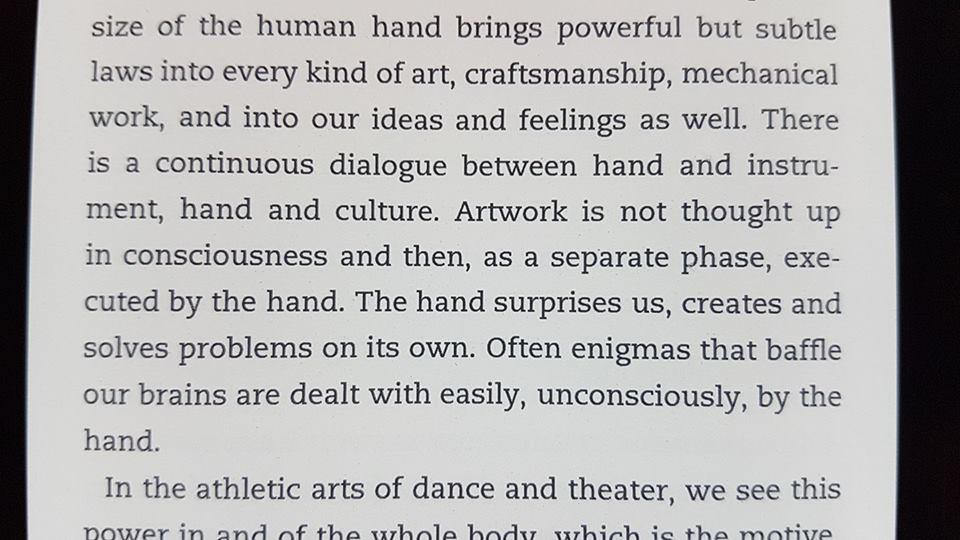I quite often find that I write a lick or sequence and then I ‘rationally’ work out the best way to pick it.
Then I start wood-shedding it with a metronome, starting off slow and precise and gradually building up the tempo.
I’ve noticed though there seems to be a certain crossover point somewhere in this process (usually when it goes past a particular tempo) where it’s as if my right (picking) hand says ‘naw… I don’t like how you’ve decided to execute this… I have a better way’ and the picking pattern ‘I’ve’ decided on gets modified, usually instead of strict alternative picking a sweep/economy stroke gets added in here and there, or sometimes I’ll find I’ve reversed the initial pick stroke from down to up to make the line fit with inside picking instead of outside and that kind of thing.
The weirdest part of this is that I often only notice I’ve done this after I’ve been playing it for a while or when I film it on my phone and look at the picking hand. I’m often quite surprised to see it’s doing things I didn’t realize I had ‘planned’ at all…
It’s as if my body has decided to override my brains decision in how to play it to find a more efficient way, or at least one that works better for my mechanics, quite without my conscious involvement.
Anybody else run into this kind of thing ?




